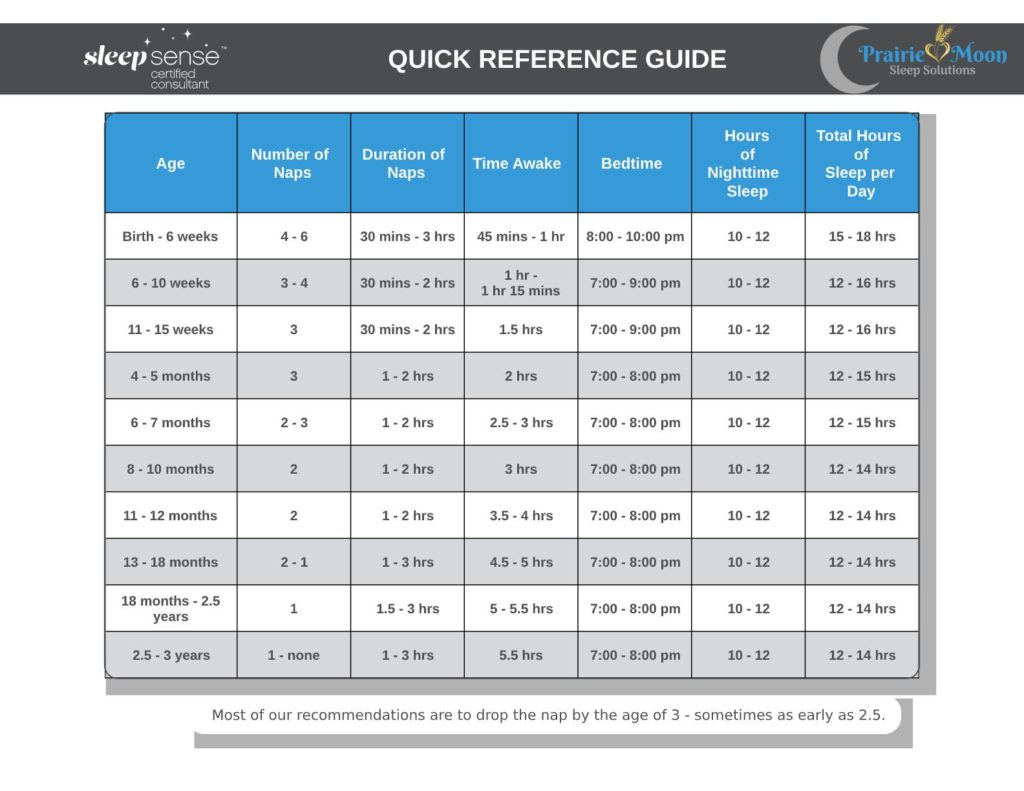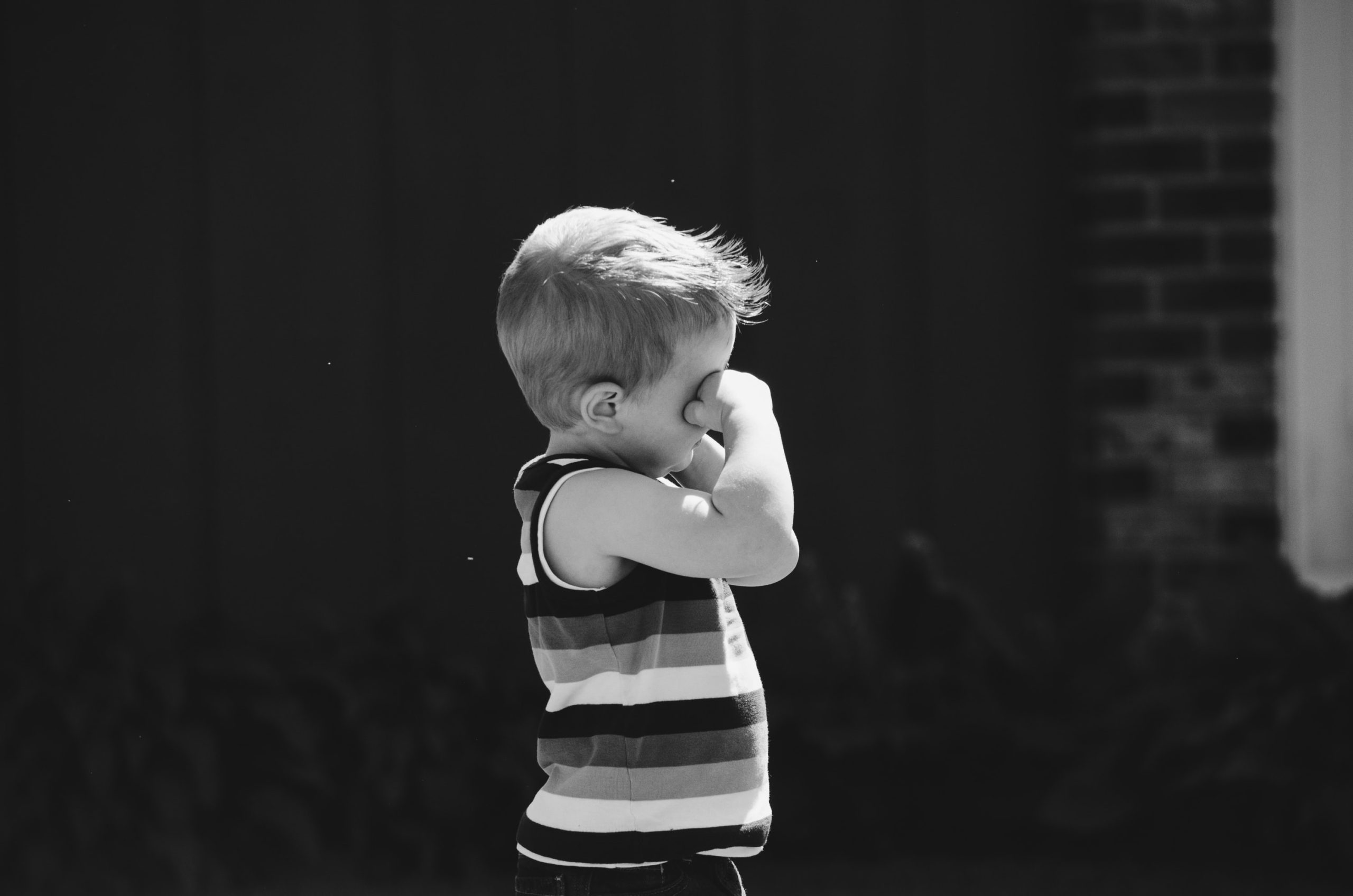Being tired is a good thing, assuming it’s happening at naptime or bedtime. It means that our body is ready to do some repair work. But being overtired is another story altogether.
If there’s anything that can wreak havoc on your child’s sleep, it’s the dreaded condition of overtiredness.
Children and adults alike have a natural rhythm when it comes to sleep. Our bodies secrete cortisol to keep us up and running during the day, and melatonin to help us rest at night. Both of these hormones depend on a variety of factors, but timing is the most important.
At some point into the evening, our bodies start producing melatonin. We start to relax, get tired and ready for sleep. But what happens when your little one stays awake past this time when their hormones are signaling that it’s time for sleep?
Well, the body assumes there’s a reason that it hasn’t been allowed to get to sleep, assumes there’s a need to stay awake, and starts producing those daytime hormones – cortisol – again.
And that’s when the trouble starts.
Your child is already tired and now, their cortisol levels are going to keep them awake, which leads to more cortisol being produced, and now you’re caught in a vicious cycle.
The best way to prevent this situation is to get your child to sleep before they get past that window of opportunity. But babies, and especially newborns, can be tough to read when it comes to signalling that they’re ready for sleep.
However, knowing what to look for can help you decide on the right time to put your baby down for a sleep.
Watch your Baby for these Signs
For babies, some good signs to watch for include:
- tugging at their ears
- rubbing their eyes, ears, or nose
- squirming or arching their back
- clenching fists
- turning their face into your chest
- pulling their knees into their chest
- yawning
Now, the trouble with newborns and babies is that they use these signals to communicate a variety of things. Yes, they are signs that your baby is tired and ready for sleep, but they’re also easily mistaken for signs that your baby is hungry.
So it’s best to watch for tired signs while keeping an eye on the clock.
Here is a quick reference guide to your baby’s sleep. (Please keep in mind that this is a general guideline.)

Newborns can typically only handle 45-minutes to an hour of awake time in a stretch. So take a look at the clock when they wake up and make a mental note that they’ll be ready for another nap in about 45-60 minutes.
They’ll be able to stay awake for longer stretches as they get older, but even toddlers should only be awake for a few hours at a time. So stay aware of the schedule and error on the side of more sleep, not less.
Watch your Toddler for these Signs
Speaking of toddlers, although they can actually tell you when they’re feeling tired, most of them hardly ever do. In fact, they’ll likely deny it even though you, the wise parent that you are, know darn-well that they’re ready for sleep.
For toddlers, some good signs to watch for include:
- clumsiness and lack of coordination
- short temper
- tugging on hair and/or ears
- fussiness and irritability
And what happens with toddlers, is that instead of appearing sleepy, they often become the opposite. The sudden increase in those daytime hormones (cortisol) makes them hyper and even a bit manic. So they might be super happy and giggly for a while; just the opposite of what you would expect from a child who needs to get to bed. But before long their mood will take a big shift into crankiness, and then you’ve probably got a bedtime battle on your hands.
Give it a Try!
I know that this schedule can sound a little rigid for parents who aren’t used to it. After all, an hour with a newborn is barely enough time to get a diaper changed, a feed in, and a little bit of a play before baby’s ready for another nap.
But I can assure you, no family I’ve ever worked with has ever come back to me after implementing it and said, “I have a feeling that my child is getting too much sleep.”
So give it a try for a couple of weeks and see how it works. I can almost guarantee you’ll be seeing a much happier child!

